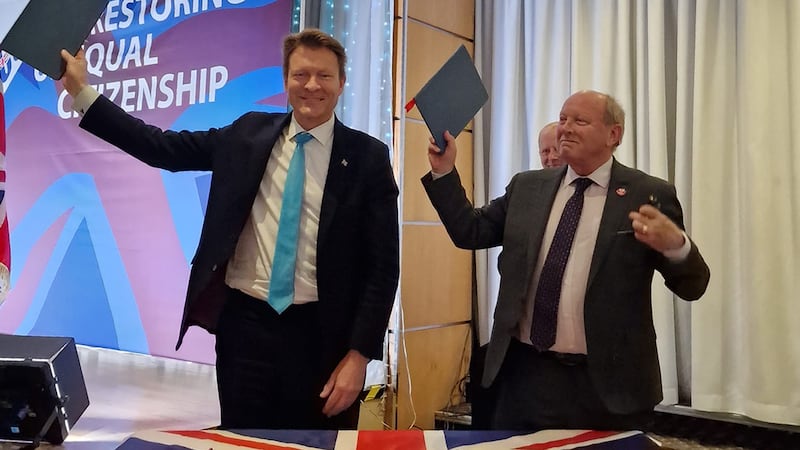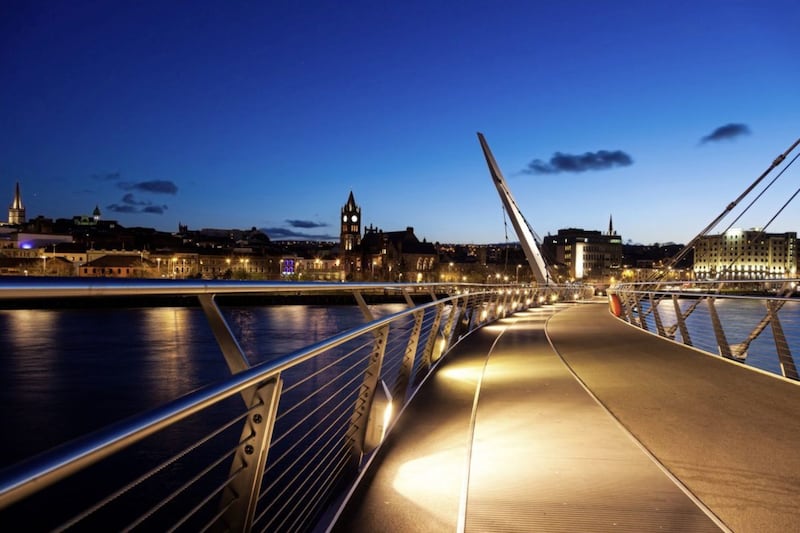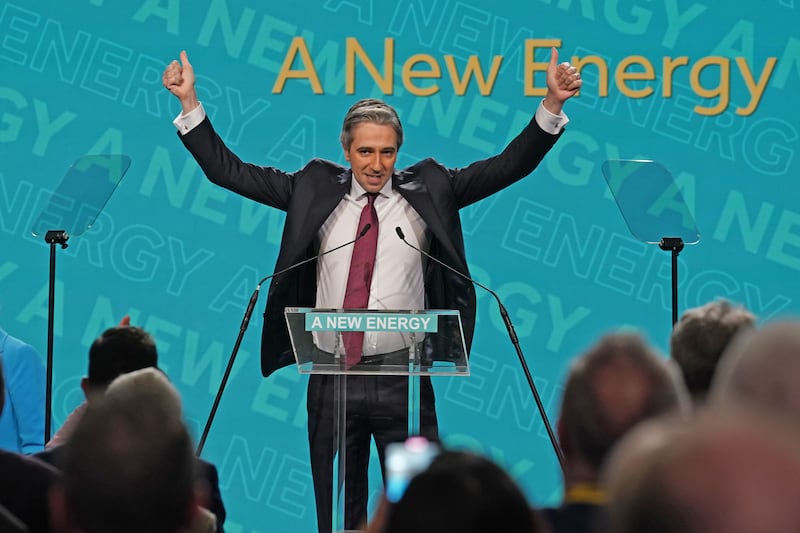State papers for 1989 released last month were instructive in providing an insight into the thinking of the Northern Ireland Office in respect of the GAA.
The vexed question of allowing then secretary of state Peter Brooke to attend a Gaelic football or hurling match, or `even a camogie' game, was discussed as it was felt there would be `considerable political and symbolic benefit''.
While this issue was exercising the minds of officials, it transpired that the British ambassador to Ireland, Sir Nicholas Fenn, had recently attended the All-Ireland hurling final involving Antrim although when his invitation caused some concern in the GAA, the matter went as far as Taoiseach Charles Haughey for resolution.
That was 27 years ago and it has to be recognised there were a number of political sensitivities at play in that period, although Peter Brooke declared himself `happy' to attend either hurling or Gaelic football.
Given this view and the considerable positive changes that have taken place since then, it is perhaps surprising that it has taken until now for a British secretary of state to attend a GAA match north of the border.
James Brokenshire's presence at the Dr McKenna Cup final in Newry on Saturday was clearly a welcome step but we can only wonder at the various considerations that were discussed in advance, including whether or not to stand for Amhrán na bhFiann.
In the event, he waited until after the anthem to take his seat, managing to turn what should have been a generally positive gesture towards the nationalist community into a slightly negative one.
There is no doubt that the tribal nature of politics in Northern Ireland can see local figures arriving late to avoid upsetting their supporters but Mr Brokenshire is the representative of the British government and as a matter of courtesy should observe all the formalities.
The secretary of state may not have received such a warm welcome at Pairc Esler if his latest claims on Troubles killings had been published earlier.
Writing in the Sunday Telegraph, Mr Brokenshire said investigations into legacy cases are disproportionately focusing on British state forces.
This view, which plays into the false narrative being peddled by the DUP and certain elements in Britain, does not stand up to scrutiny.
It also comes just days after two of the most senior legal authorities in the north, the Director of Public Prosecutions and the Lord Chief Justice, rejected claims of an imbalance in their approach to cases involving the security forces.
Rather than make unhelpful comments, Mr Brokenshire could actually assist the long-delayed quest for truth by ensuring swift progress is made on dealing with the past.






